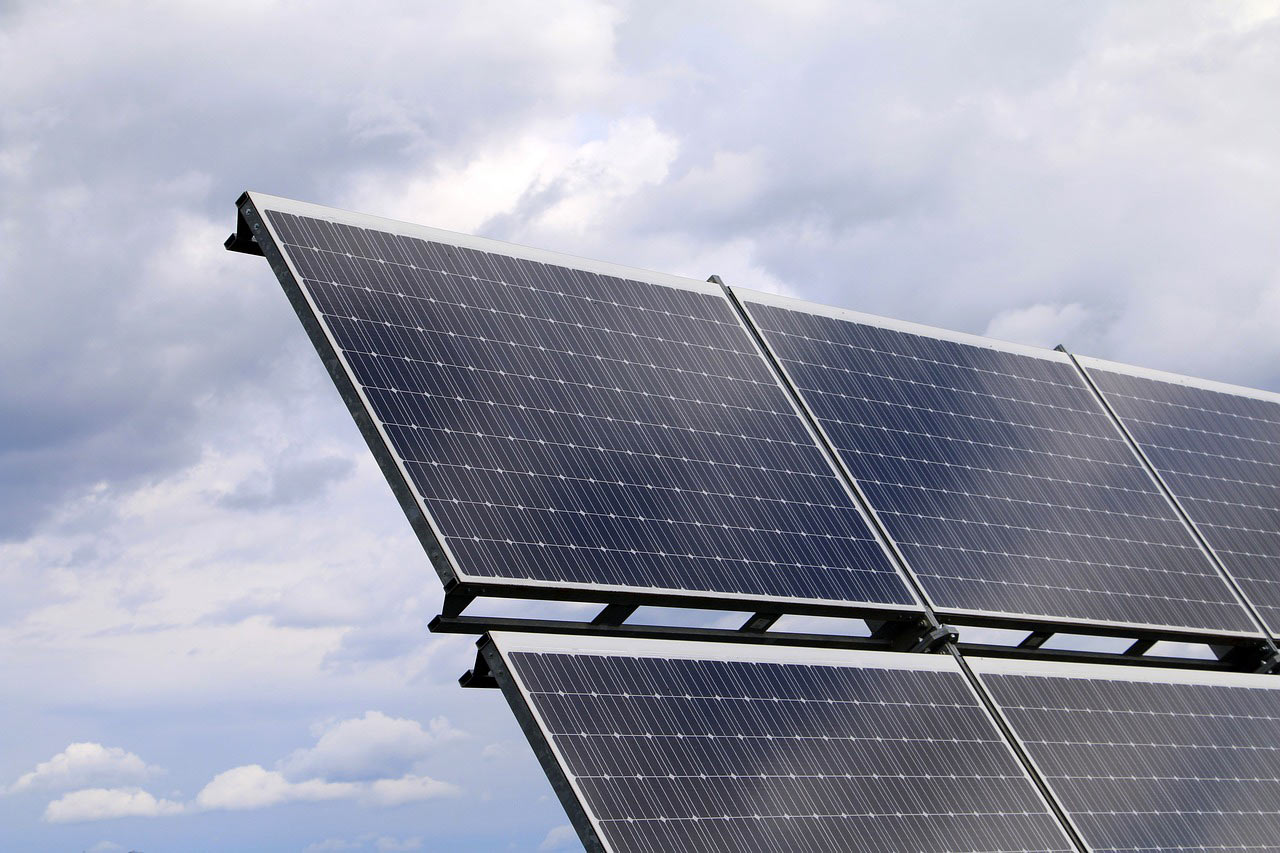As the deadly virus, called Coronavirus, spreads more widely outside China, raising the threat of a global pandemic, finance chiefs and central bankers from the world’s largest economies said they see downside risks persisting.
That’s spurring fresh alarm in commodity markets that had started to recover from lows hit earlier in the month when China’s virtual shutdown threw supply chains into chaos. With the International Monetary Fund cutting its global growth forecast and warning that it’s also looking at more “dire” scenarios, investors are concerned that risks to raw-material demand are worsening.
“Commodities are witnessing another risk-off day as coronavirus concerns boil up,” said Norbert Ruecker, head of economics at Julius Baer Group Ltd. in Zurich. “The oil market remains concerned about demand” while “the flight to safety pushes gold to new highs.”
The declines reflect a broader market sell-off as the spread of the virus outside China spooks investors. Asian and European equities slumped along with U.S. futures, while the Australian dollar retreated along with the offshore yuan.
South Korea, the hardest-hit country after China, had earlier raised its infectious-disease alert to the highest level after a 20-fold increase in cases. The situation in Europe was also escalating, with Austria halting a train from Italy on concern there were two infected passengers on board. Italy — now the virus’s epicenter on the continent — canceled the Venice Carnival and other events amid a rising case load.
The havoc wreaked by the virus in China is a stark warning for investors as it spreads outside Asia. Oil demand in the world’s biggest importer collapsed as Beijing restricted travel and shut down factories, prompting refineries to close, stockpiles to swell and shippers to seek to divert cargoes elsewhere.
The world’s biggest oil producers have foundered. The OPEC+ alliance led by Saudi Arabia has struggled to agree on a collective response, dropping the idea of an early emergency gathering amid opposition from Russia.
Buyers of liquefied natural gas have been trying to get out of their contracts, with demand so bad that empty ships have been lining up in Qatar, the world’s biggest seller. Copper smelters have been forced to cut production, while containers full of frozen meat have piled up at Chinese ports because of a lack of truck drivers.
Beijing is now pushing for people to get back to work, loosening the criteria for factories to resume operations, as it tries to find a balance between containing the virus and preventing a slump in the world’s second-largest economy. But it’s contagion outside China that’s worrying markets.
“The uncertainty around how cases outside of China evolve is likely to keep market participants nervous, and therefore markets are likely to remain volatile,” ING Bank commodity strategist Warren Patterson said.






